Inside the perilous migrant journey into Turkey
The Iran-Turkey border has become an important route for migrants moving westwards, fleeing war and poverty in Pakistan, Afghanistan and beyond. But their journey across the hostile mountain crossing isn’t easy. Photographer Sedat Suna captures their battles with exhaustion, exposure and human traffickers
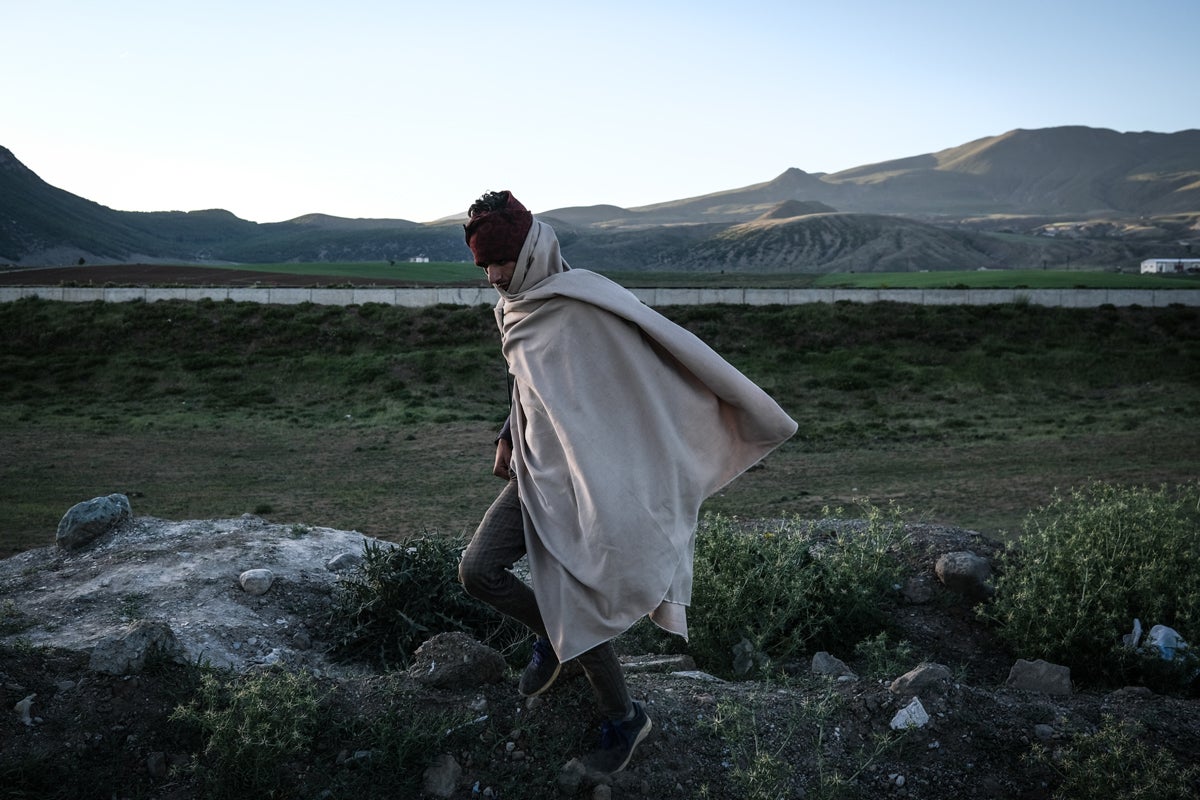
Your support helps us to tell the story
From reproductive rights to climate change to Big Tech, The Independent is on the ground when the story is developing. Whether it's investigating the financials of Elon Musk's pro-Trump PAC or producing our latest documentary, 'The A Word', which shines a light on the American women fighting for reproductive rights, we know how important it is to parse out the facts from the messaging.
At such a critical moment in US history, we need reporters on the ground. Your donation allows us to keep sending journalists to speak to both sides of the story.
The Independent is trusted by Americans across the entire political spectrum. And unlike many other quality news outlets, we choose not to lock Americans out of our reporting and analysis with paywalls. We believe quality journalism should be available to everyone, paid for by those who can afford it.
Your support makes all the difference.The crossings along the mountainous 540km border between Turkey and Iran are protected by a concrete wall, a barbed-wire-topped barrier that stretches for 140km. But it does little to stop thousands of mostly young people fleeing from Afghanistan, Pakistan, and Iran every year to leave conflict, violence, and despair behind in search for a better life. With no prospects of a decent future at home, they are forced to leap into the unknown and gamble on their quest for a dream that for many turns out to be a nightmare.
Ahmed and his six friends have been walking for 28 days. They left Afghanistan looking for a future in Europe – today, they find themselves in the middle of an almost deserted area near the Iran-Turkey border.
"I am a Turkmen from Afghanistan. A month ago, we started our journey in Afghanistan, coming through Iran and from there to Turkey. I want to go to Ankara. I will work there. I will send money to my hometown," Ahmed says. "Mum and Dad need money. There is no job there, so we have to come here."
Irregular migrants, who are in some cases unrecognised refugees, risk their lives in the hopes of finding a job in the Turkish cities and eventually mainland Europe.
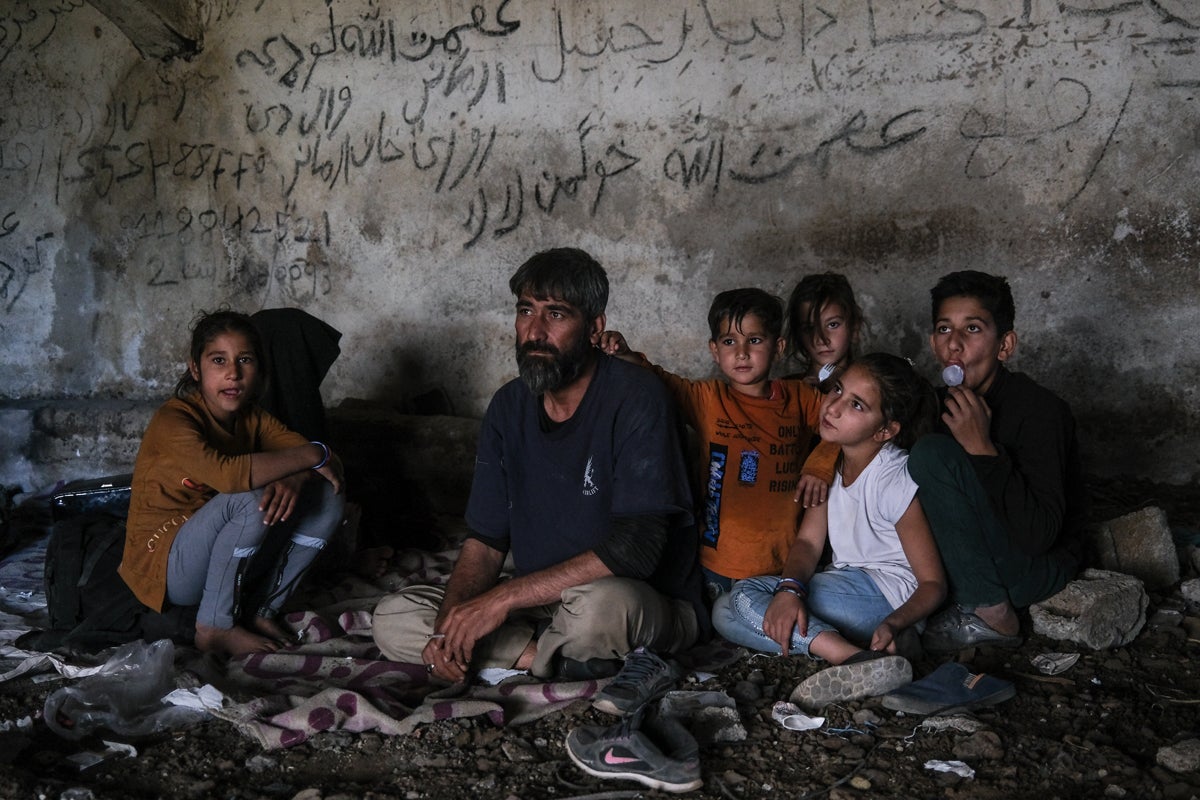
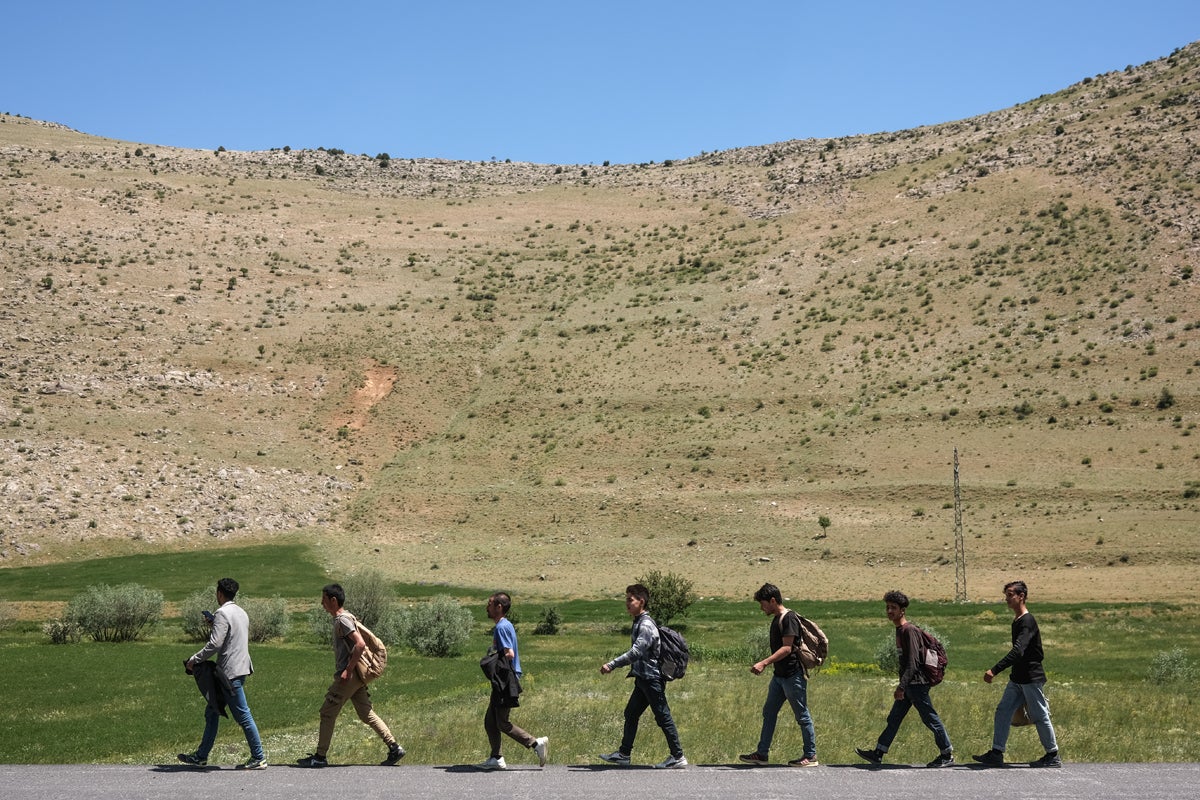
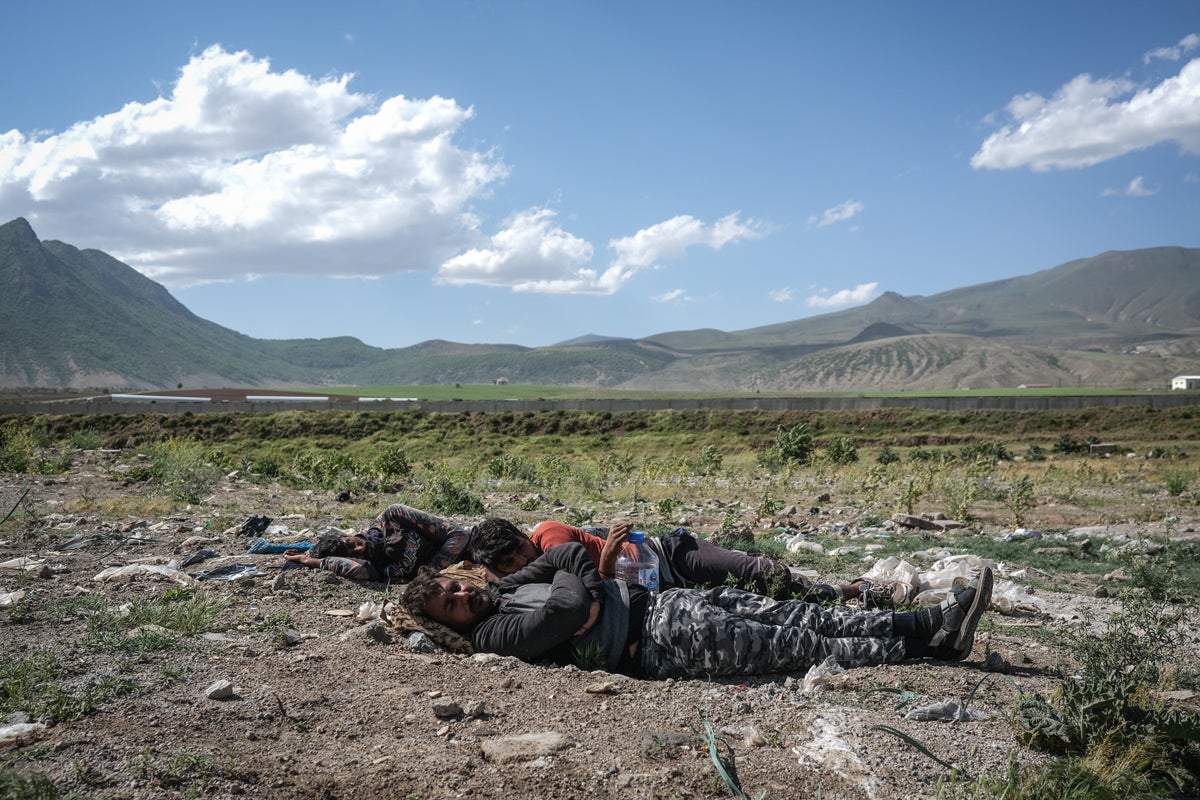
According to the official figures, some 53,176 migrants have been stopped so far during this year up to 16 June. The figure is half of the 122,302 registered last year and a major drop from the 454,662 migrants stopped in 2019.
Most of the migrants flee their countries for similar reasons. For Afghans and Pakistanis, war and violence force them from their homelands. For Iranians, they hit the road to Turkey – their main access point to Europe – dreaming of better economic opportunities and escaping the oppressive regime in Tehran. But the route is fraught with peril and risk, with many joining the growing list of victims of human trafficking in the region.
Nasrollah Movahedpour, who was born in Mashhad, northeast Iran, arrived in Turkey four years ago after fleeing his native country. He says that he left after the authorities closed his fifth store. The pain and frustration led him to assault a police officer.
He fled, and made a new life in Van, the first city irregular migrants and refugees come to when they make it onto Turkish soil after crossing from Iran. But very few remain there, as for most the promised land lies much farther west.
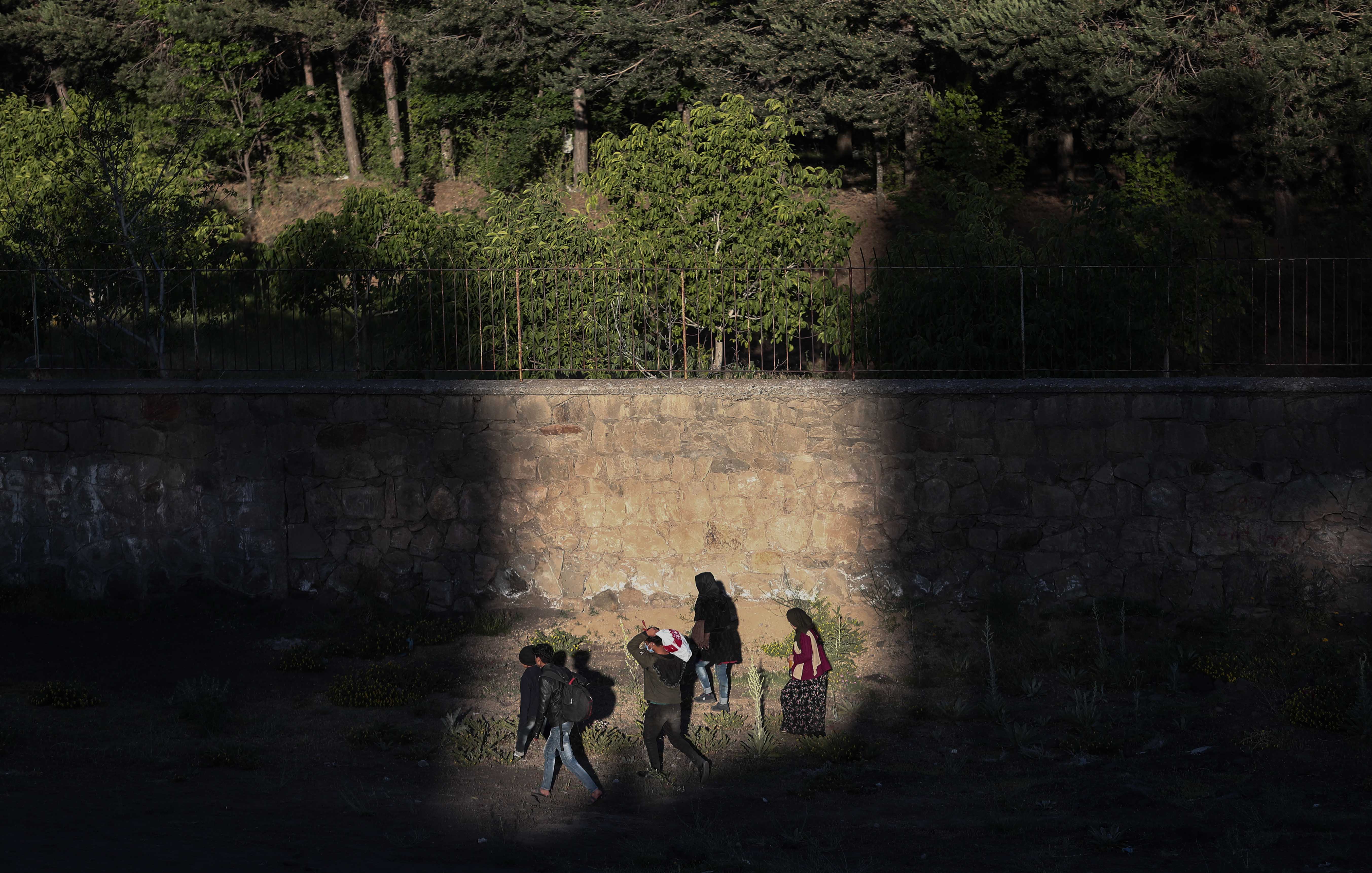
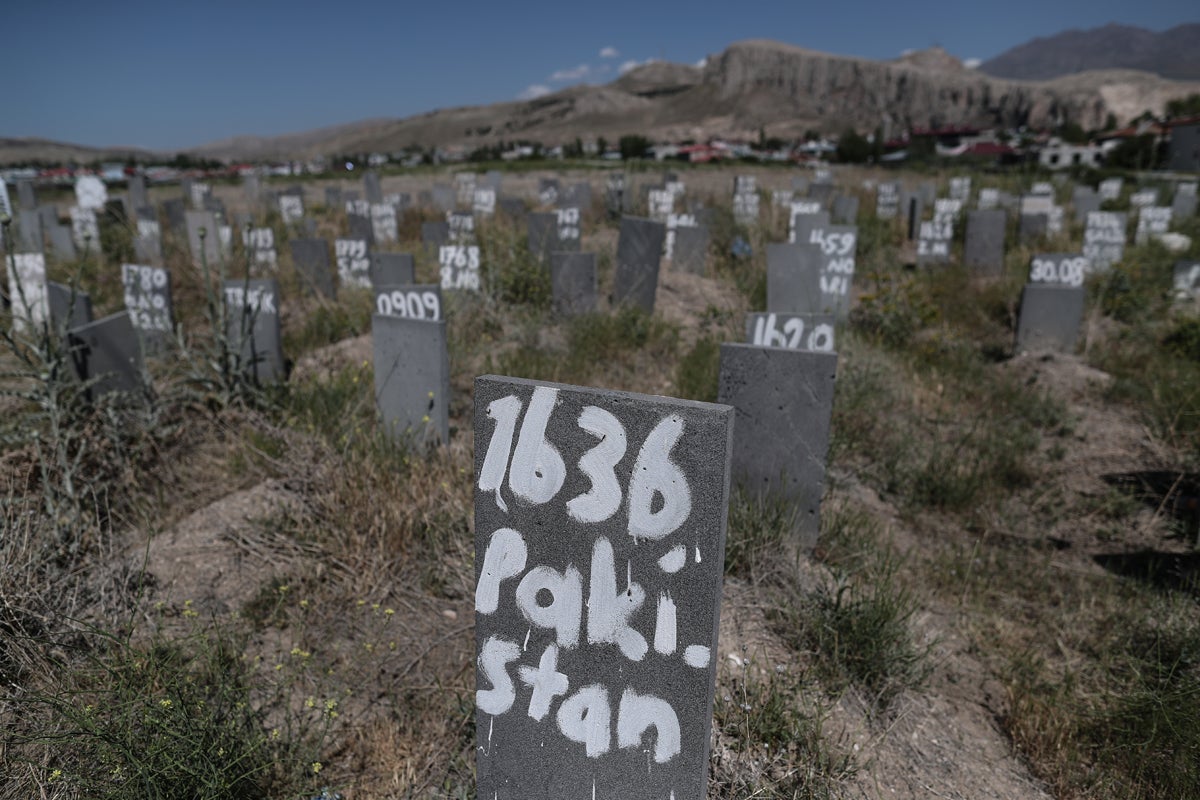
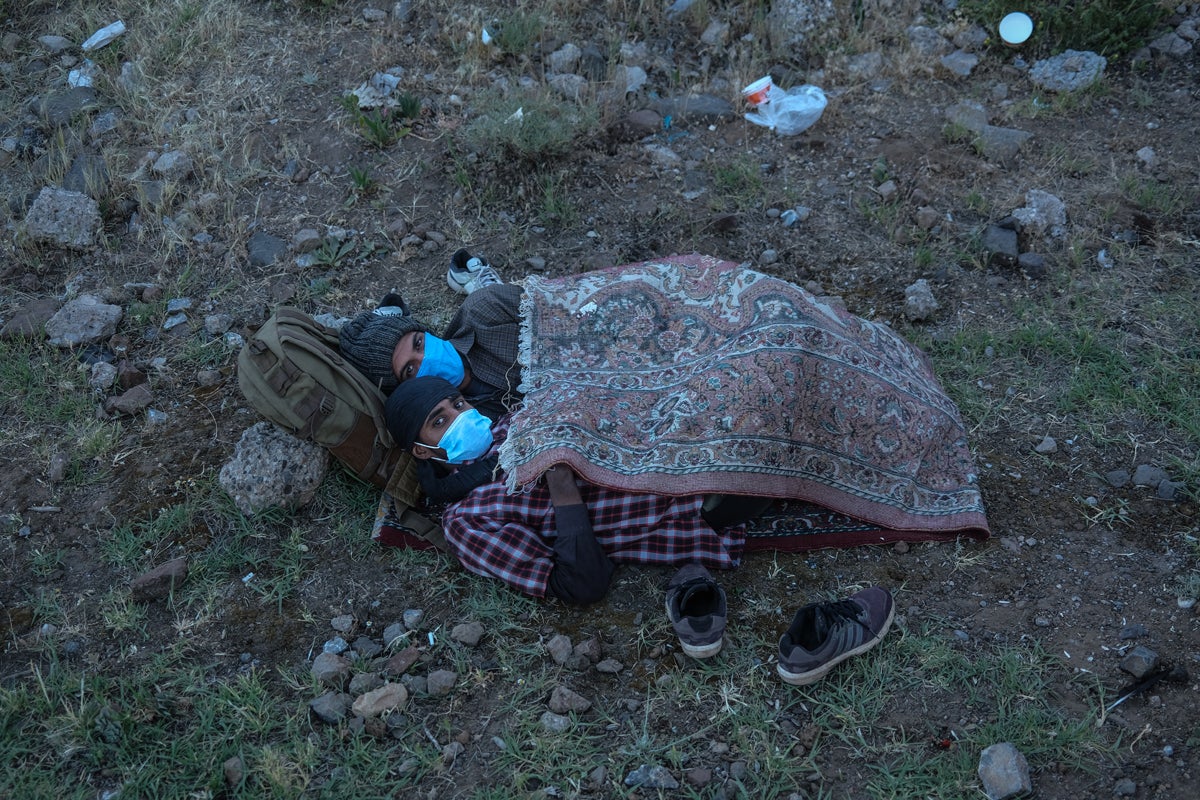
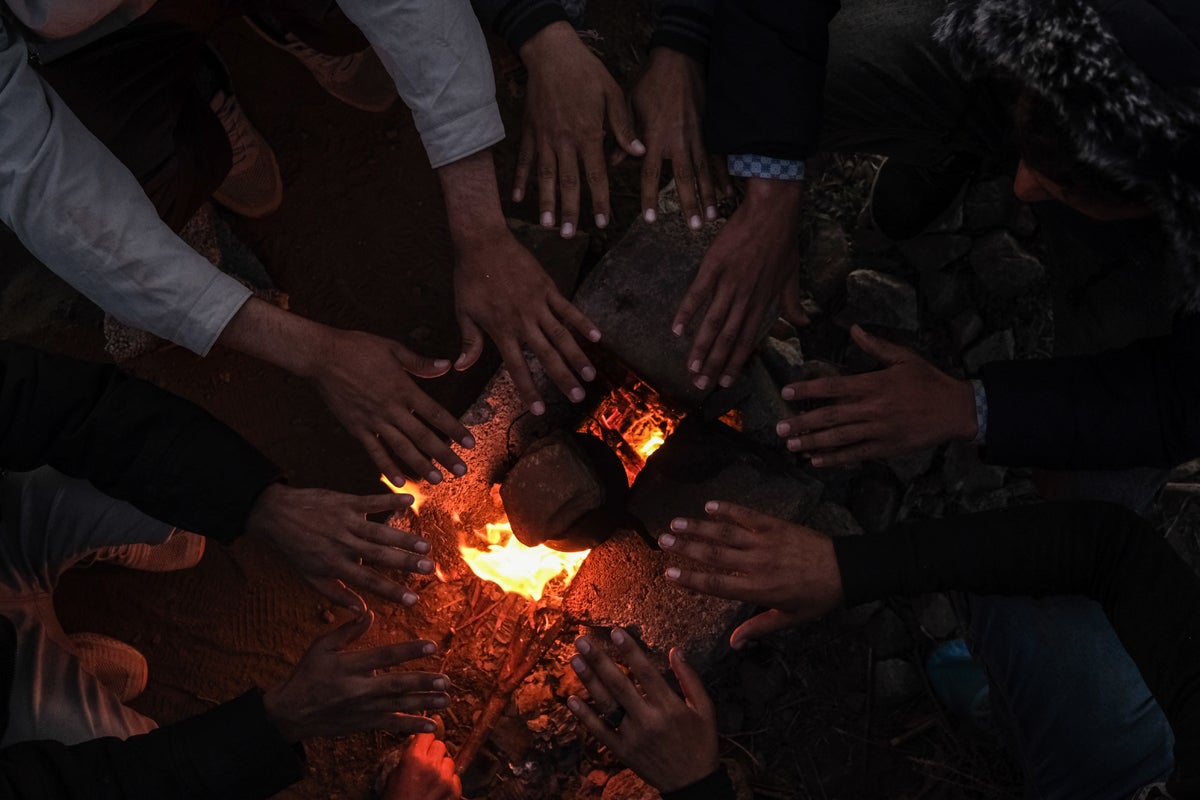
In the last 10 years, Turkey has become one of the most important countries on the migrants’ route to Europe. The country is home to one of the largest refugee populations in the world, especially Syrians. As of 28 April 2021, the number of registered Syrians under temporary protection in Turkey increased by 4,396 compared to the previous month, bringing the total to 3.6 million. Nearly half of them are minors.
The United Nations Department of Economic and Social Affairs (UN DESA) states that as of 2019, there were 5,678,800 refugees and irregular migrants in Turkey.
In the city of Van, near the Turkish-Iranian border, human trafficking is barely concealed. Refugees pay between £440 to £740 each to cross, depending on the security situation at the border.
According to smugglers EPA spoke to, migrants arrive at the Turkish border after walking in rugged Iranian mountains for days. They get into the country through the districts of Ozalp and Baskale and are kept in safehouses in Van for days.
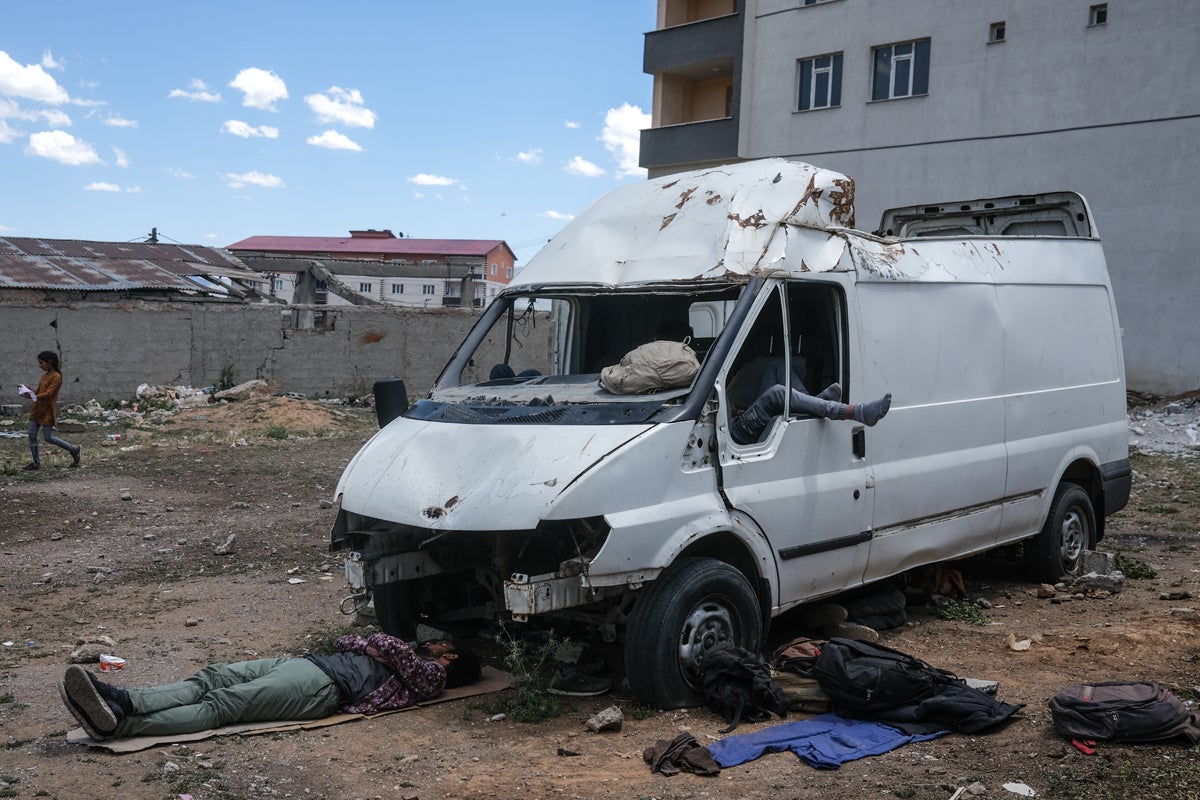
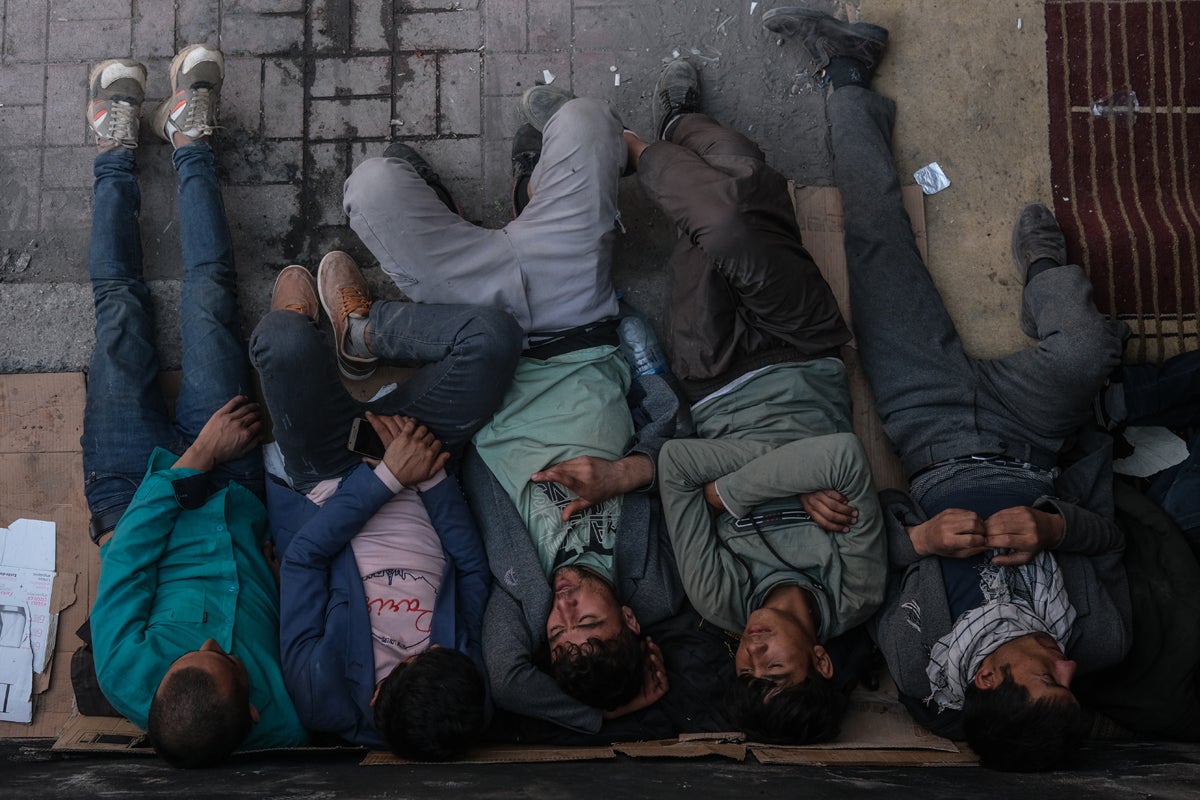
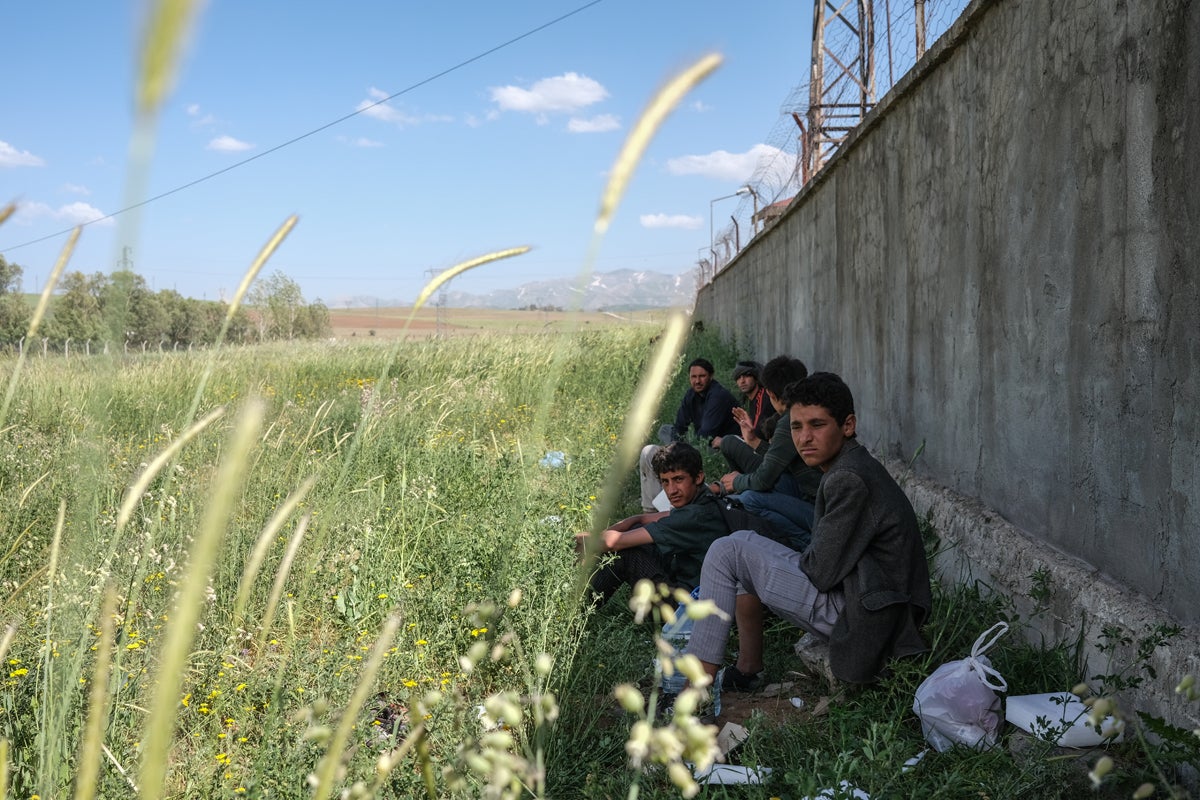
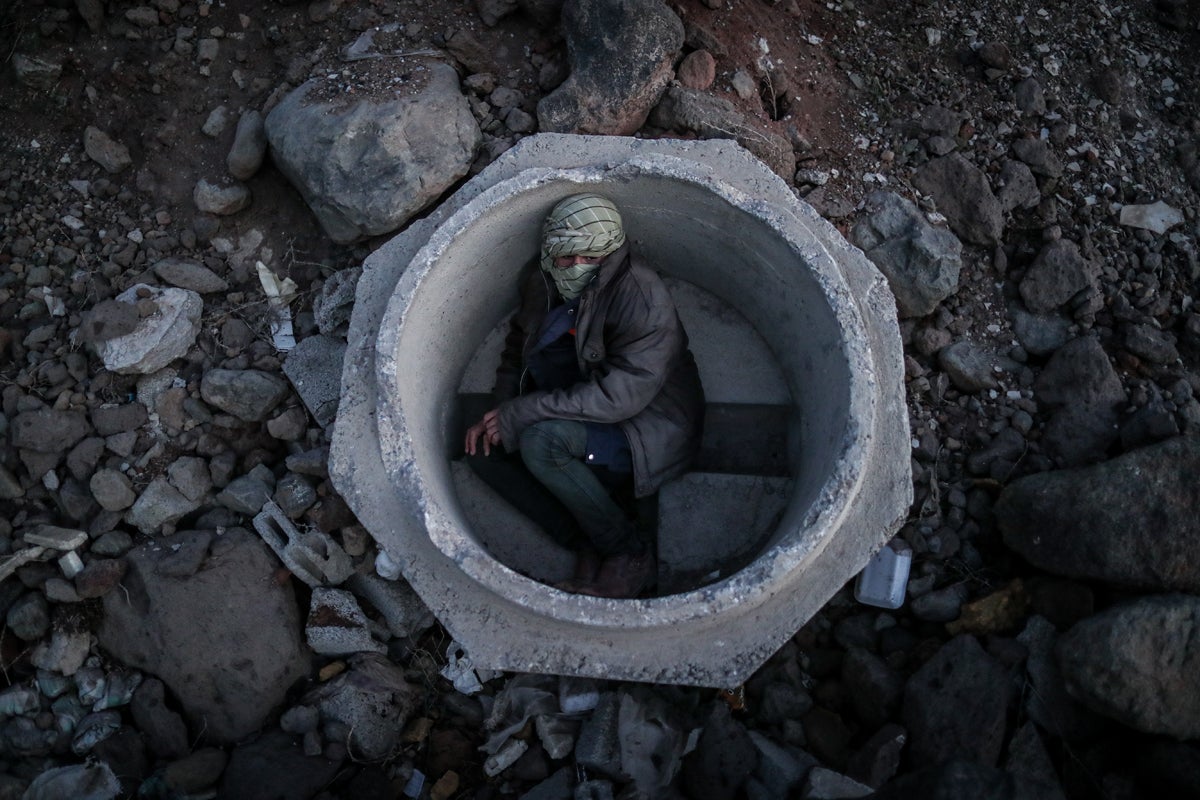
There, they wait for the contact. If they are lucky they will find shelter under bridges, abandoned shepherds’ houses, or a barn. If not, they must sleep out in the open. Some travel in groups of five, others in tens. The route and tensions will inevitably force the groups to split. A telephone will be the only form of contact with the smugglers throughout the journey.
Lake Van is a safer route, away from the checkpoints on the highways. The traffickers use boats powered by extra engines to dodge the coast guard.
On the western side of the lake, the migrants are taken to the mountainous regions of Tatvan district in Bitlis by boat after midnight or early in the morning. There, again, they wait.
In June last year, around 100 people died when a boat sank in Lake Van.
The bodies of these refugees have still not been recovered. They are not the only ones to never be found again by their relatives. In the cemetery of the "unidentified" in Van, hundreds of gravestones are marked with country names and numbers. These are the only traces of the lives of those buried beneath.
For the survivors who have made it this far, the next stop is Diyarbakir, the largest city in southeastern Turkey and the honorary capital of the Kurds. There, migrants and refugees wait for days for someone to take them in a bus, living off the charity and goodwill of the locals.
Most of them will have to make it on their own beyond this point – once they realize they have been abandoned by smugglers who have stopped picking up their phones.
EPA
Join our commenting forum
Join thought-provoking conversations, follow other Independent readers and see their replies
Comments